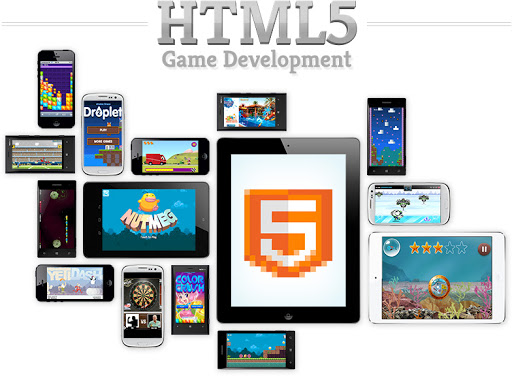When HTML5 – the newest markup language for creating and displaying content for the World Wide Web – launched towards the end of 2014, few could have predicted its transformative impact on many industries, not least the gaming sector. HTML5’s focus on cross-platform experiences has helped to redefine gaming within web browsers as well as native apps on smartphone and tablet devices.
Phasing out Adobe Flash
In the late 1990s, Adobe Flash came to the fore as a way for gaming developers to present content for the internet. As time elapsed, the use of Adobe Flash plugins within web browsers became too cumbersome, particularly once smartphones made their mainstream mark. Instead of resource-hungry Flash plugins, developers have since been able to use the more agile HTML5 language to provide lightweight gaming solutions.
In the online casino industry, most operators now offer video slots and table games exclusively in HTML5, and because of the genre’s growing popularity, operators dish out free bonuses without the need for real-money deposits to allow you to sample these slots and table games without having to spend a penny.

Frameworks and game engines powered by JavaScript are a boon for 2D games
HTML5 works brilliantly in tandem with JavaScript, which means that JavaScript game engines and frameworks such as Three.js, Turbulenz, Contstruct2, and Kick.js all work seamlessly to build 2D video games online. Better still, all of these JavaScript game engines are also designed to be compatible with all operating systems that you would find on a smartphone, including Android, iOS, and Windows. This gives HTML5 game developers the assurance that the original code won’t need duplication and be compatible with multiple device types.
HTML5-powered games are easier to patch than ever
Enhancing the gameplay and functionality of an HTML5-powered video game is nowhere near as time-consuming as classic Flash games. Developers no longer have to compile bugs and debug issues in real-time. They can publish updates straight away that HTML5 language can interpret fully to ensure improved gaming experiences. Remember, HTML5 is compatible with APIs for some of the main JavaScript standards to render interactive 2D and 3D visuals suitable for any web browser.
HTML5 games can also be played online, without the need for offline installations. Not only does this save gamers valuable disk space, but it also means games are readily accessible whether you are playing at home or on the move. Although there’s no official date yet for HTML6, it appears to be in the offing. However, reports suggest there will be a host of smaller changes instead of a huge update, as the WHATWG standards body attempts to set a new standard for HTML-powered gaming.
This is an Advertised Feature. To check out more of our Advertised Features, click right HERE.